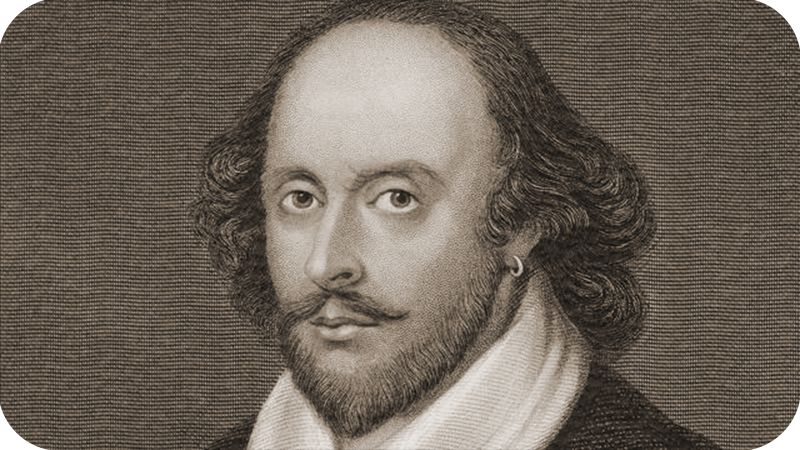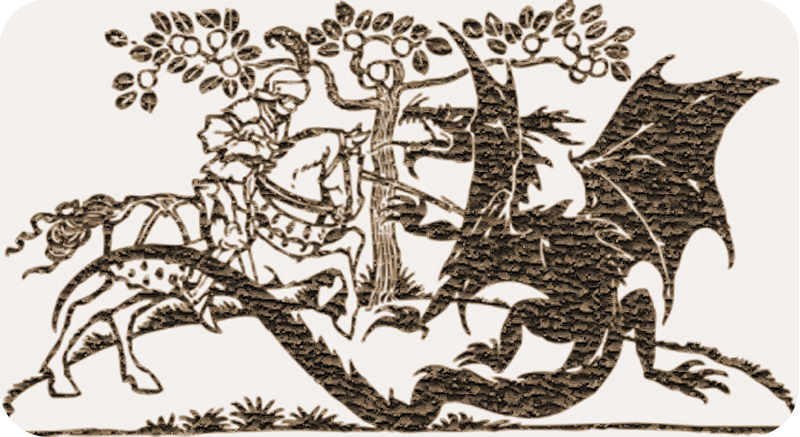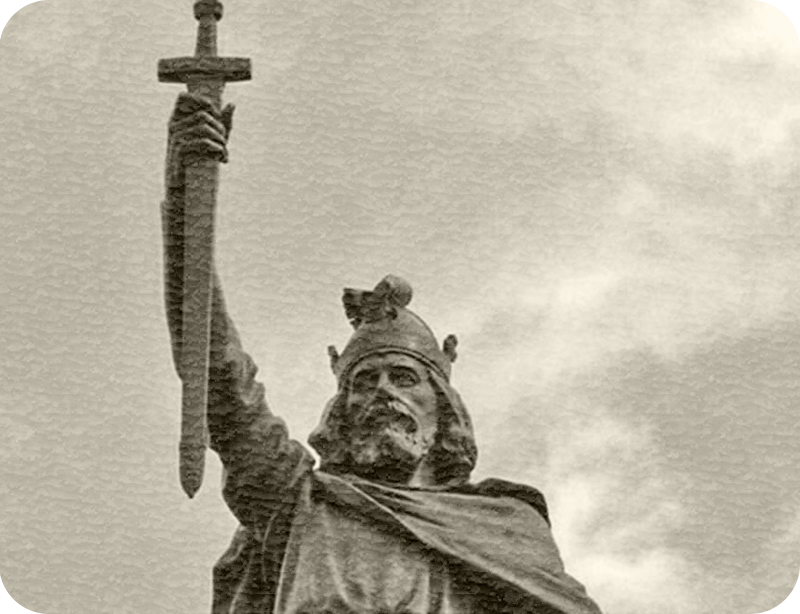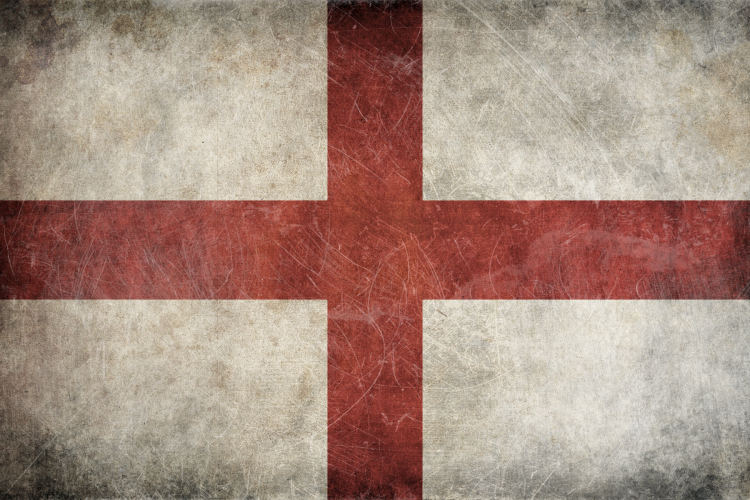There will no doubt be a plethora of blog postings today relating to Shakespeare. It is, after all, supposed to be the birth and death of the great bard.
No one actually knows the correct dates. We know that Will was baptised on April 26th, 1564, and based upon the custom that most births were baptised three days afterwards we arrive at the likely date of April 23rd for his birth. Shakespeare was of course born under the old Julian calendar, and what was April 23rd during his lifetime would actually be May 3rd according to the Gregorian calendar we use today.
The same is also true of his death, for we only know of his burial at the Holy Trinity Church in Stratford Upon Avon on 25th April 1616. Following tradition, he was likely buried two days after his death. That would have been on his 52nd birthday.

Calendars and truth aside, it is a romantic notion that seems fitting for someone of such marvellous words. Happy birthday, Will.
Indeed, today is a better day than most for celebrating the great wordsmith, for it is also St. George’s Day, the Patron Saint of England (yes, and other countries too). Now, poor old St. George doesn’t get the following that his Irish ‘brother’, Patrick, does. He isn’t globally associated with Guinness and parties. Even so, George has something the other saints do not. A dragon.
I mean, who would you rather have on your side if you had to pick a saint? Okay, so the whole story is just myth and (as many like to point out) St. George was never English. Nevertheless, there are many reasons why he was chosen.

Stories of the Roman officer’s strength and courage were well known upon our shores as early as the eighth century. It was, however, the Crusaders of the 12th century that likely embraced the ideals of St. George whilst in battle and brought back tales of his legendary battle with the dragon. Anglo-Saxon Britain had legends of its own dragon slayers and so it stands to reason that the English would have an affinity with others of that ilk.
It was King Edward III that embraced St. George as the Patron Saint of England, displaying the banner of St. George during his decisive victory over the Scots at Halidan Hill in 1333. St. George became a frequent icon and battle-cry in his battles that led to England becoming the most powerful nation in Europe by 1350. The creation by Edward III of the Order of the Garter at that time sealed St. George’s place as England’s saint.
It doesn’t really matter where he came from. St. Patrick originally came from mainland Britain after all, while good old St. Andrew was never even Scottish; what really matters is what the saint actually represented. St. George differed in that he had nothing to do with converting people to Christianity, he was a saint that stood for courage in the face of adversity and the triumph of good over evil. The symbol of a dragon-slaying knight is a powerful one.
It doesn’t end there. For while today is a great day to celebrate Will Shakespeare and St. George it was also the day that King Ælfrǣd (849-899), or Alfred the Great, became King of Wessex in 871.
King Alfred remains well-known in English legend for his use of guerrilla tactics amongst the Somerset marshes to form a resistance against the Danes. At the time, the Danes controlled all of the Anglo-Saxon kingdoms with Wessex standing alone. Alfred’s eventual victory at the Battle of Edington in 878 proved to be a decisive one. He pursued the Danes back to Chippenham and starved them into submission. With their surrender, the Danish King converted to Christianity and the realm divided up (the Danelaw and Wessex). It would be Alfred who would be the first ‘King of the Anglo-Saxons’.

We do not know for certain how Alfred died. He remains the only English Monarch known as ‘the Great’.
So, if you’re English, today is a good day. We might not have Guinness, but we do have a bard, a knight and a dragon, and a king that took on the Vikings and won.
In celebration for all three, I feel I should simply post the impassioned speech from Shakespeare’s ‘Henry V – Act III, Scene 1’:
Once more unto the breach, dear friends, once more;
– William Shakespeare, Henry V – Act III, Scene 1 (c.1599)
Or close the wall up with our English dead.
In peace there’s nothing so becomes a man
As modest stillness and humility:
But when the blast of war blows in our ears,
Then imitate the action of the tiger;
Stiffen the sinews, summon up the blood,
Disguise fair nature with hard-favour’d rage;
Then lend the eye a terrible aspect;
Let pry through the portage of the head
Like the brass cannon; let the brow o’erwhelm it
As fearfully as doth a galled rock
O’erhang and jutty his confounded base,
Swill’d with the wild and wasteful ocean.
Now set the teeth and stretch the nostril wide,
Hold hard the breath and bend up every spirit
To his full height. On, on, you noblest English.
Whose blood is fet from fathers of war-proof!
Fathers that, like so many Alexanders,
Have in these parts from morn till even fought
And sheathed their swords for lack of argument:
Dishonour not your mothers; now attest
That those whom you call’d fathers did beget you.
Be copy now to men of grosser blood,
And teach them how to war. And you, good yeoman,
Whose limbs were made in England, show us here
The mettle of your pasture; let us swear
That you are worth your breeding; which I doubt not;
For there is none of you so mean and base,
That hath not noble lustre in your eyes.
I see you stand like greyhounds in the slips,
Straining upon the start. The game’s afoot:
Follow your spirit, and upon this charge
Cry ‘God for Harry, England, and Saint George!’
So, grab yourself a pint of bitter or perhaps a porter, raise your glass and cry… ‘For Alfred, Shakespeare, and Saint George!’.
Cheers!




Here, here! I so enjoyed this post, Crispian. Even though I hail from what were once the Thirteen Colonies, I’m an Anglophile at heart. So on this auspicious day, I’m going to play “Rule Britannia”, “I Vow To Thee My Country”, listen to some Handel and Vaughan Williams, and sing “God Save the Queen”. Cheers!
Cheers! I’m glad you enjoyed reading it.
Interestingly, “God Save the Queen/King” is actually the anthem of the United Kingdom of Great Britain and Northern Ireland (and the Commonwealth). It isn’t the anthem of England because we don’t actually have one.
The anthem is still played during international sporting events, i.e. England at the World Cup, but during other sporting events like the Rugby Six Nations or the Commonwealth Games, England use the hymn “Jerusalem” by William Blake and Sir Charles Parry (frequently used for the England cricket team). Scotland used to use “Scotland the Brave” and then switched to “Flower of Scotland” whereas Wales play “Land of my Fathers”. Northern Ireland play “Londonderry Air”.
England has always debated adopting a specific anthem with the choice being between the aforementioned “Jerusalem” and Elgar’s “Land of Hope and Glory”. Personally, I would choose the latter, but opinion is divided.
Who knew this is such a busy day for England? 🙂
I anjoyed this post, so many things I didn’t know.
But, hey, I’ve often heard it said that nobody really knows where and when Shakespear was born and died. How about that?
Nice post! The Bard and English history all in one!
This also reminds me: a while ago I started reading Bernard Cornwell’s first book on England during the Danish invasions, and IIRC Alfred is a character in it. I really should finish that…
Cheers. I read the first two books of “The Saxon Tales” series by Bernard Cornwell. They do indeed follow the wars of King Alfred the Great against the Vikings/Danes. The story is told from the perspective of a viking, Uhtred. Well worth a read… or finishing!